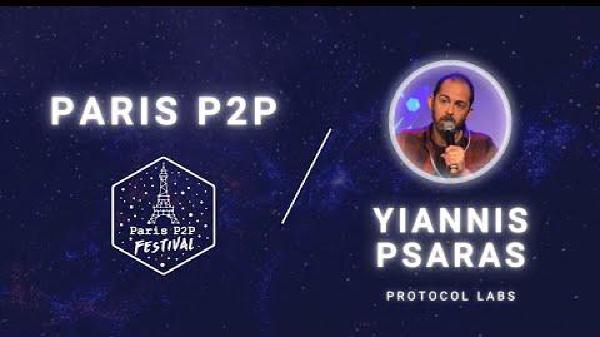ConsensusLab explores cutting-edge scalable permissionless consensus protocols, including three main pillars of sharding, consensus proper, and scalable execution.
CryptoEconLab at PL aspires to become a hub for research on economic incentives, coordination games, and novel marketplaces. We aim to develop capacity to design, validate, deploy, and govern large-scale economic systems.
Cryptonet is a public good cryptography lab providing technological empowerment by creating secure building blocks for Web3 protocols.
Network Goods explores new mechanisms for incentivizing and supporting public goods creation.
Network Research explores new mechanisms for incentivizing and supporting public goods creation in the areas of science and technology.
ProbeLab is on a mission to measure the performance of Web3 network protocols, benchmark protocols against target performance milestones, and propose improvements to their core design principles.
Research Acceleration seeks to enable faster progress through the design and operation of effective and efficient support and funding mechanisms.
In any forum or marketplace where people can interact, the venue itself guides and constrains human interaction. Cryptoeconomics provides practices, tools, and knowledge that allow us to engineer the venue to achieve a goal.
Modern cryptography plays an integral role in every aspect of online and electronic security, including providing evidence you’re speaking to the intended party and hindering spying on the subsequent communication. Cutting-edge cryptography tools will allow the creation of incredibly strong evidence that general information processing has been performed in a privacy-preserving and trustless way.
Distributed systems are, broadly speaking, networked systems whose components are located in different nodes that communicate and coordinate to achieve the system’s purpose. Distributed systems are at the very core of what we do and our interests extend across the entire field.
Metaresearch is the investigation of how scientific innovation occurs. It encompases work in the history, philosophy, and economics of science; the effects of incentive systems in research; the evaluation and validation of scientific data; and the dissemination of scientific knowledge, among other fields.
Computer networks enable information to move across the globe. They are foundational to the world we live in and to the vast majority of our work. Our interests include transport and routing protocols, network security, p2p systems, publish-subscribe protocols, and network monitoring and simulation.
 IPFS network measurements and improvement opportunities
IPFS network measurements and improvement opportunities